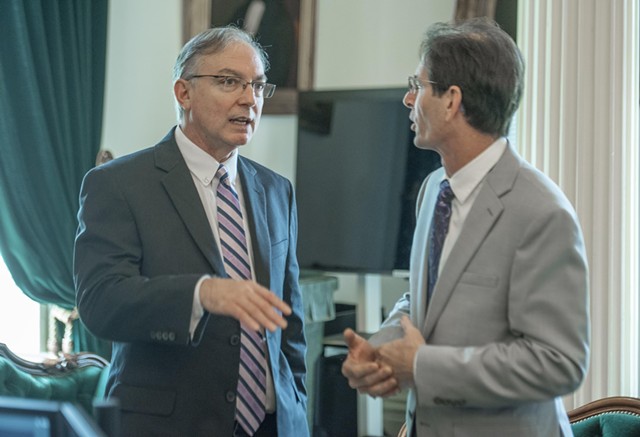
- Jeb Wallace-Brodeur
- Senate President Pro Tempore Phil Baruth (D/P-Chittenden-Central) and Lt. Gov. David Zuckerman
Vermont lawmakers on Monday overrode six of Gov. Phil Scott's eight vetoes from this session, after some last-minute confusion and drama over a bill to allow people to safely use illegal drugs.
The votes mean bills governing property tax rates, bee-killing pesticides and renewable energy production will go into law over the governor’s objections.
In most cases, the outcomes of the votes were expected, given that Democrats have a supermajority that allows them to override if they stick together. But there was still plenty of hand-wringing over several close votes and outrage from Republicans powerless to stop them.
The debate of the bill to allow overdose-prevention sites was particularly head-spinning. Senate leaders thought they had the votes to override Scott’s veto of H.72, which instructs the Department of Health to develop rules for how such sites must operate and provides $1.1 million in opioid settlement funds to help set up the state’s first such facility, likely in Burlington.
But when the votes were tallied, Senators fell one shy of the 20 needed to override. Supporters of the bill were stunned and milled about afterward in disbelief. Word began to spread that one lawmaker, Sen. Richard Westman (R-Lamoille), had screwed up. He told Seven Days that he meant to vote in favor of the override but confused the bill number and mistakenly voted against it.
When he asked for the chance to reconsider his vote, however, senators initially couldn’t muster the votes 4needed to set aside rules that generally call for revotes to take place at least one day later.
Ultimately, Sen. Bobby Starr (D-Orleans) changed his tune and voted to allow the override vote to take place on Monday afternoon. Starr still voted against the bill, but with Westman voting in favor, it passed by the narrowest of margins: 20-9.
Senate President Pro Tempore Phil Baruth (D/P-Chittenden-Central) cheered the override of Scott’s "misguided” veto.
“The data is clear. Overdose prevention centers save lives, connect people to treatment, reduce pressures on emergency rooms and Emergency Medical Services, and reduce public drug consumption and discarded supplies in our communities,” Baruth said in a statement.
Burlington Mayor Emma Mulvaney-Stanak, a champion of the centers, also known as safe-injection sites, said work would begin right away to find an appropriate location in her city.
"I want to make sure that we are not rushing things but moving with an urgency that is really needed on this critical issue," she said Tuesday.
Scott's veto of a data privacy bill will stand after the Senate did not muster the votes for an override. The bill, H.121, was one of the highest-profile pieces of legislation this session, gaining attention as one of the strongest data privacy bills in the nation.
It had strong support from Attorney General Charity Clark, a Democrat, and sought to both protect Vermonters' data privacy and enhance internet safety for children. Scott objected to the bill because it would allow people to sue companies that violate the law and because he worried its complexity would prove a burden to business.
The House voted 128-17 to override the bill, but the Senate couldn’t follow suit, mustering just 14 votes in favor. Sen. Kesha Ram Hinsdale (D-Chittenden-Southeast) voted to override, but she also said she was concerned its measures would be a burden to prominent Vermont businesses trying to compete in a global marketplace.
Sen. Chris Bray (D-Addison) said the bill contained many phrases and policies that he didn’t fully understand. “That suggests to me it’s just time to slow down and reconsider our work,” Bray said. He urged his colleagues not to reflexively override Scott’s veto but to consider the governor’s objections an opportunity to rethink the bill next session.
Lawmakers didn’t take up another veto from earlier in the session, one blocking a bill to ban flavored tobacco and vaping products, realizing they didn’t have the votes.
Still, Democratic lawmakers celebrated their successful vetoes, touting the benefits of the bills they forced into law over Scott’s objection. Republicans fumed.
The most high-profile was Scott’s veto of H.887, known as the yield bill, which sets the property tax rate. This year, due to soaring school spending, the bill will result in an average property tax increase of 13.8 percent. The governor had sought to reduce the increase.
The fate of that override was largely sealed when legislative leaders rejected Scott’s effort to hammer out a compromise last week, claiming it smacked of political theater, which the governor denied. "Nothing could be further from the truth," he said on Tuesday.
He blasted Democrats for refusing to compromise to keep the cost of living down. "I think the power has gotten to their heads," he said.
Another big win for Democrats was overriding Scott’s veto of the bill to reform Act 250, the state’s landmark land-use and development law, and to cut red tape for proposed housing. The bill, H.687, was hotly debated, with Scott arguing that it was heavy on environmental protections and light on housing incentives.
But supporters said the changes struck the right balance between protecting natural areas increasingly vulnerable to climate change while making it easier to build housing in and around downtowns, where it makes the most sense.
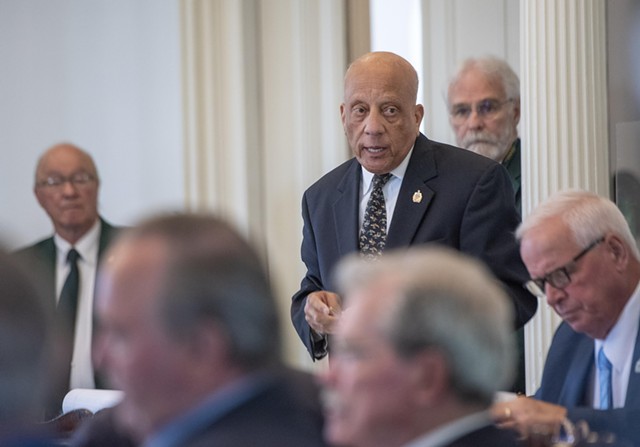
- Jeb Wallace-Brodeur
- Sen. Randy Brock
Scott argued the cost would be too much for average Vermonters to bear, especially in the context of a raft of other tax and fee increases. But Democrats and Progressives mostly backed the bill to make sure that as people switch to cleaner ways of driving and heating their homes, the electricity powering their new devices is clean, too.
Lawmakers also overrode Scott's veto of a bill to ban neonicotinoid pesticides. The chemicals have been shown to be toxic to bees, though some have argued that the science on the issue is inconclusive. Opponents of the bill argued that Vermont dairy farmers can’t afford one more regulatory burden harming their competitiveness.
The bill, H.706, will prohibit the use of neonicotinoid pesticides beginning in 2025 for ornamental plants and in 2029 for agricultural seeds, which typically come coated in the pesticide to protect them from bugs after they sprout.
Finally, lawmakers overrode the veto of H.645, which sought to expand restorative justice opportunities. Scott said the bill was well intentioned but unfunded.

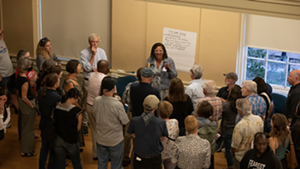







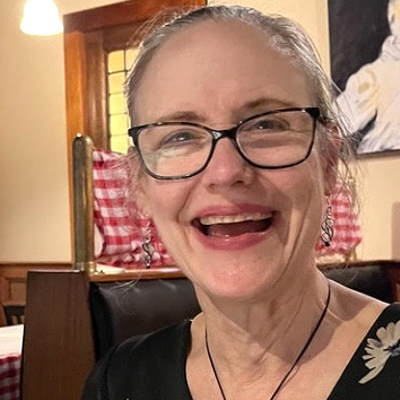
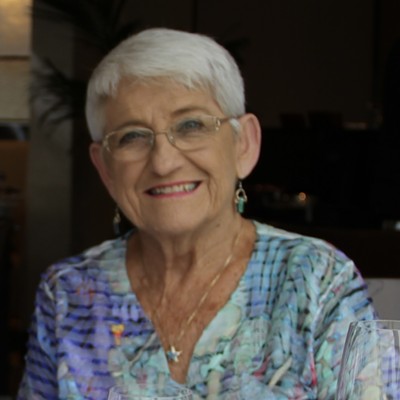
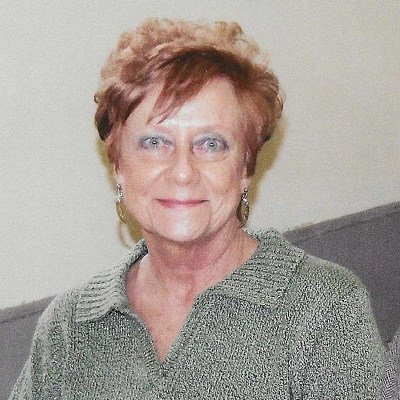
Comments
Comments are closed.
From 2014-2020, Seven Days allowed readers to comment on all stories posted on our website. While we've appreciated the suggestions and insights, right now Seven Days is prioritizing our core mission — producing high-quality, responsible local journalism — over moderating online debates between readers.
To criticize, correct or praise our reporting, please send us a letter to the editor or send us a tip. We’ll check it out and report the results.
Online comments may return when we have better tech tools for managing them. Thanks for reading.